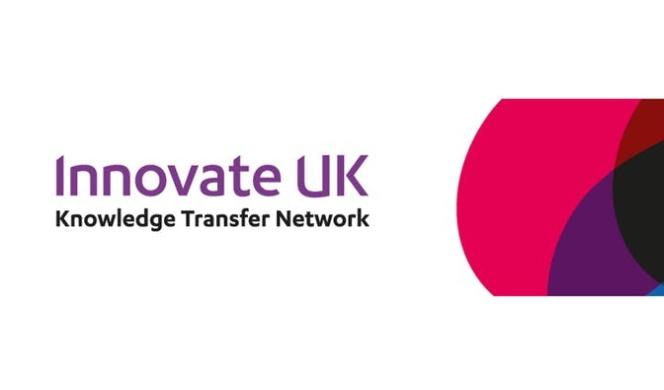
Isaac Newton Institute
Description
The past two years have seen rapid advances in building scalable quantum computers. It is now widely expected that a device that cannot be simulated by any classical computer (so-called ‘quantum computational supremacy’) will emerge in 2019. The prospect of a relatively near-term device capable of a quantum advantage has sparked a huge amount of excitement in academia, industry and government funding.
A recent report from Boston Consulting Group estimates that due to the significant speed advantage derived from the technology, the near term market potential of quantum computing in pharmaceuticals could be $15B-$30B within 10 years. The central mechanism for this, being the accurate simulation of proteins in order to find binding sites for new drugs and the impact this has on higher success rates at later stage trials.
The workshop brought together experts in quantum computing, the pharmaceutical industry and (classical) computational methods to discuss if this is realistic and explore other potential applications in the pharmaceutical industry.
The programme included:
- Quantum computing landscape
- Simulation state-of-the-art on classical architectures
- The drug discovery pipeline
- Panel discussion
- UK funding landscape for quantum
The workshop was a collaboration between Innovate UK Knowledge Transfer Network, Newton Gateway to Mathematics, Oxford Quantum Circuits and Riverlane. The Knowledge Transfer Network (KTN) is the UK’s innovation network. It brought together business, entrepreneurs, academics and funders to develop new products, processes and services. They helped develop ideas, expertise and technologies, that have the potential to be world-beating products. Central to what the KTN does is the initiation and building of collaborations.
Aims and Objectives
The workshop brought together experts in quantum computing, the pharmaceutical industry and (classical) computational methods to discuss if this is realistic and explore other potential applications in the pharmaceutical industry.
Funding of £315m has recently been announced by the UK Government to continue the quantum technology commercialisation programme for a further 5 years, building on the £270m announced in 2015 for the initial 5 years. The next phase of the programme includes £75 for a National Quantum Computing Centre, and further support for quantum computing will be available via collaborative R&D competitions currently being scoped. Following on from the successful meeting; Algorithms and Software for Quantum Computers, this workshop was an ideal opportunity to consider current and future needs in drug design and computational chemistry to exploit these new opportunities.
Registration and Venue
The workshop took place at the Isaac Newton Institute for Mathematical Sciences in Cambridge. Please see the Isaac Newton Institute website for further information about the venue.


